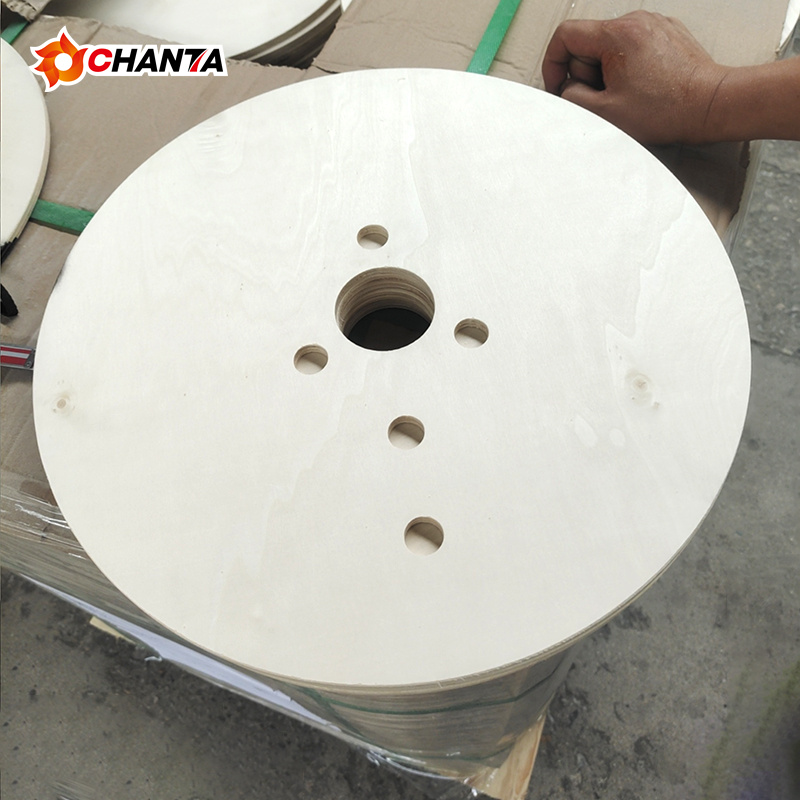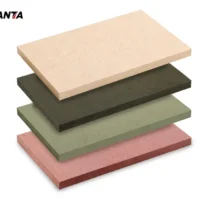Table of contents
Why Knowing the Weight of 18mm Plywood Matters
Whether you’re loading sheets onto a vehicle, calculating floor load capacity, or estimating shipping costs, plywood weight is critical. It affects:
- Handling & manpower — Heavier sheets may need more people or equipment to move.
- Design calculations — Important for engineers and builders.
- Transport & logistics — Helps you avoid overloading or unnecessary trips.
Now let’s look at what influences the weight of an 18mm sheet—and how to calculate it accurately.
When selecting plywood for a project, one of the most practical questions you should ask is: how much does it weigh? Especially with 18mm plywood—commonly used in furniture making, cabinetry, and construction—understanding its weight in kilograms can help you plan transportation, installation, and structural requirements with ease.
Key Factors That Influence Plywood Weight
While all 18mm plywood sheets share the same thickness, their weight can vary depending on several important factors:
1. Wood Species
Different wood types have different densities. For example:
- Softwood plywood (like pine or fir) is lighter.
- Hardwood plywood (like birch, maple, or okoume) is denser and heavier.
2. Core Construction
Plywood can have different core types:
- Solid core (full veneer layers) tends to weigh more.
- Poplar or softwood core options are lighter and often used for interior applications.
- MDF core or blockboard core increases the overall density and weight.
3. Moisture Content
Moisture can add significantly to the weight. Freshly manufactured or humid-stored plywood may weigh more than dry, acclimatized boards.
Average Weight of 18mm Plywood in Kilograms
Here’s a breakdown of typical 18mm plywood sheet weights for the standard 4ft x 8ft (1220mm x 2440mm) size:
| Type of Plywood | Approx. Weight (kg) |
|---|---|
| Softwood Core | 25 – 30 kg |
| Hardwood Core (e.g. birch) | 30 – 38 kg |
| Marine Plywood (okoume/balitic birch) | 34 – 40 kg |
| MDF Core Plywood | 38 – 45 kg |
These are estimates. Actual weight may vary slightly depending on the brand, density, and moisture level.
How to Calculate the Weight of 18mm Plywood
If you want to be more precise, use this formula:
Weight (kg) = Volume (m³) × Density (kg/m³)
For example:
- A 4×8 ft (1220mm x 2440mm x 18mm) sheet has a volume of about 0.0534 m³.
- Multiply that by the density of the wood type.
- Softwood: ~500 kg/m³ → 0.0534 × 500 = ~26.7 kg
- Hardwood: ~650 kg/m³ → 0.0534 × 650 = ~34.7 kg
This approach gives you a more reliable figure, especially if you’re sourcing from different suppliers.
Conclusion: Use Weight to Make Smarter Choices
To sum it up, an 18mm plywood sheet typically weighs between 25–45 kilograms, depending on its composition and material. Knowing this in advance helps you:
- Plan labor needs
- Avoid structural overload
- Optimize shipping costs
- Choose the best plywood for your project needs
Whether you’re a contractor, furniture maker, or architect, being aware of plywood weight ensures smoother execution—from workshop to final installation.
Articles that you might be interested in















